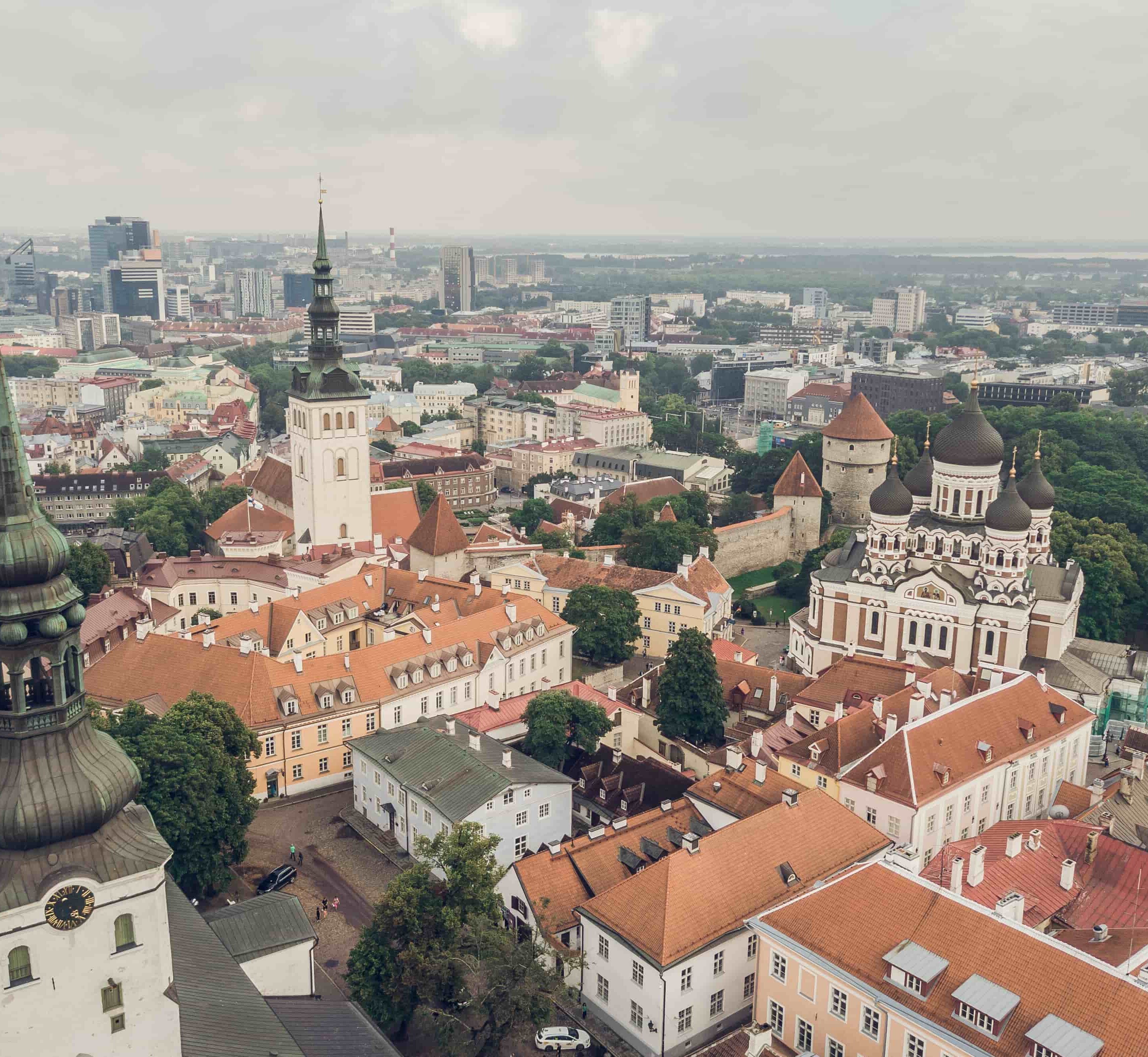The number of e-residents of Estonia rose by more than 12,000 in 2021, a figure comparable to the number of births nationwide for this year.
The majority of newcomers into the e-resident community come from Russia, Spain and Germany, BNS reports, while the influx means Estonia now boasts almost 90,000 e-residents from 177 states, the e-Residency program says.
Program managing director Lauri Haav says that the e-resident status gives access to Estonia’s public e-services ecosystem, enabling global entrepreneurs overcome obstacles to cross-border commerce and quickly adapt to the ever-changing business environment.
As such, the e-residency program offers a significant competitive advantage to entrepreneurs worldwide, he added.
Haav said the coronavirus pandemic has spurred on an unprecedented momentum towards the transition to teleworking, and e-residency is well-suited to empower all interested parties regarding this.
Furthermore, the program is also a lifeline for freelancers and digital nomads, he said – phenomena which have become global mega-trends.
Haav said: “On the whole, e-residency inspires people around the world to explore opportunities for managing their business ventures 100 percent digitally and seek a better balance between their personal and professional lives.”
Nearly half of the new e-residents are EU citizens, often seeking more business-friendly environments.
“Our innovative digital solutions – unmatched by any other country – are ideal for location-independent entrepreneurship. Given the ongoing global changes, especially in the spheres of work and commerce, there is reason to believe that the number of e-residents will continue to grow rapidly, thereby increasing the overall contribution to the Estonian economy,” Haav went on.
Tim Schnockelborg, German entrepreneur and Estonian e-resident, said he has experienced first-hand that administrative processes, which may take weeks or months in most other European countries, can be completed in a matter of minutes in Estonia.
“As an e-resident, I was able to set up an Estonian company in just a few hours, with all the necessary paperwork processed smoothly and very quickly,” he said.
Schnockelborg, who now physically lives in Tallinn and has relocated his whole business to Estonia, noted that e-Residency is attractive not only for EU citizens but also for people from other parts of the world.
“For many businesses, the Estonian e-residency program serves as a gateway to the EU’s single market, without requiring physical relocation. In addition, thanks to digital solutions, these companies can be managed in a very cost-effective manner and the local workforce in Estonia is highly skilled,” said Schnockelborg, adding that the e-residency program represents a fresh approach to business and is an excellent flagship for representing Estonian digital society in the global arena.
Ukrainian start-up founder and Estonian e-resident Natalia Storozhuk said the Estonian digital society is best characterized by ease of administration, minimal bureaucracy and boundless opportunities.
She said: “Estonian e-residency serves up the whole world on a platter because location-independent management unshackles from one specific physical location. The freedom and flexibility provided by e-residency is an invaluable asset.”
Storozhuk added that due to the Covid pandemic, many professionals have lost their jobs and companies have become more cautious in recruiting new people, prompting many to seriously consider launching a freelance career.
“Estonian e-residency gives people around the world the courage to try their hand as an entrepreneur, because the whole process from applying for e-residency to setting up an Estonian company is convenient, safe and fast. In addition, the program has created a comprehensive support system for its growing e-resident community by curating a group of trusted service providers operating in the virtual marketplace,” Storozhuk went on.
Luis Garcia, another example of an entrepreneur and Estonian e-resident, this time from Spain, said he is also grateful for the opportunity to run his company from any corner of the world.
“As a digital nomad, user-friendly digital solutions and digital sustainability and are key elements for me. Thanks to e-Residency, I can use the wide range of public e-services, portals and information systems normally available only to Estonian citizens. The possibility to run my company 100 percent digitally allows me to focus my energy on the further development of the company, instead of dealing with excessive bureaucracy,” said Garcia.
He added that digital nomadism is a growing trend and now an increasing number of other countries are also looking for ways to set up similar programs to boost their economies. This will, in turn, increase the number of alternative e-residency programs available to digital nomads to choose from for setting up and running their business ventures.
“I consider Estonia a pioneer and an excellent role model for others, because the e-residency program perfectly meets the needs of digital nomads such as myself,” Garcia went on.
The Estonian e-Residency program recently celebrated its seventh birthday.
It was set up with the aim of providing foreign nationals secure access to digital services offered within the Estonian e-governance ecosystem.
‘To date, Estonia has welcomed nearly 90,000 e-residents, who between them have established around 20,000 new companies.
In addition to the indirect economic impact, such as growth among and investments into Estonian companies offering services to e-residents, the e-residency program has generated direct revenue for the Estonian state budget of more than €80 million.
